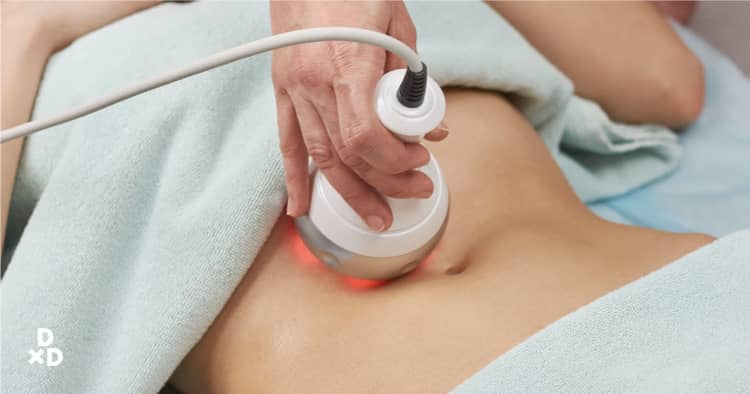In many cultures, especially in Asia, having a sharp and delicate jawline is one of the benchmarks for beauty. However, not everyone is born with a desirable V-shaped jaw.
Jaw reduction is a common way of achieving that slimmer-looking jaw, and you might have thought about getting it done but are apprehensive about the options available.
Don’t worry, I’ve got you covered. Here are the top 5 things you wanted to know about getting a jaw reduction:
1. Jaw Reduction Surgery and Botox. What’s the difference?
At the start of your jaw reduction journey, you may be wondering what the difference is between surgical and non-surgical procedures.
First of all, jaw reduction is a procedure done to reduce the appearance of your jaw and making it smaller by slimming it down the muscle or the jaw itself. As I mentioned earlier, the end goal is to achieve a slimmer-looking and V-shaped jaw [1].
You can go through surgery or botox for a jaw reduction. Jaw reduction by botox reduces the size of the muscle that connects your jaw with your cheekbones. This is a minimally invasive, lunchtime procedure that can be done in under 5 minutes.
On top of that, there is no downtime. Patients are only expected to avoid lying down in the 2-3 hours after the treatment and avoid massaging the area for at least a day.
On average, 25 units of botox are required for a full-sized masseter on each side of the face. After repeated injections, with the reduction in muscle size, a smaller dose of 10-15 units may be sufficient.
Here are some of the key differences summarized in this table:
Surgical
Botox
Are results permanent?
Yes
No, lasts up to 6 months. Requires repeated injections to maintain results
Targeted area
Lower jaw bone
Masseter muscles
Downtime
Around one month
No downtime
Duration of procedure
1-3 hours
5 minutes
Anaesthesia?
General anaesthesia
Local anaesthesia
Cost (more details below)
Up to $7500
Around $500/session
2. Cost of jaw reduction procedures
There is a big difference in cost between surgical and botox jaw reduction procedures, mainly because of the hospital fees on top of the cost of the surgery required for the first option.
The total cost might vary depending on some of these factors you might want to take into account when considering jaw reduction surgery [2]:
- Anaesthetic fee
- Hospital Fee
- Facility Fee
- The extent of surgery required
Adding up all these fees, the total cost can set you back around $7500.
As for botox jaw reduction, some clinics may charge $12-$15 per unit of botox used while some offer package deals for their sessions. You can expect to pay upwards of $500 per session.
3. Is jaw reduction painful?
You will experience nothing during jaw reduction surgery because you will be given general anaesthesia. However, it is normal to experience some pain, swelling, and redness after the anaesthesia starts to wear off.
Botox jaw reduction is typically pain-free because you will be given a local anaesthetic to numb the area. However, you may experience slight discomfort when your practitioner is injecting the solution into your masseter muscle. But they will always make sure that you won’t experience any pain by choosing a thin and tiny needle.
4. Is jaw reduction safe?
For the surgical method, the performance is highly dependent on your surgeon and how experienced they are in the field. Therefore, make sure that a trained surgeon handles you.
As for Botox, it is generally safe to use as a jaw slimming treatment as there are no life-threatening side effects. However, you may experience difficulty in chewing [3].

5. Will botox cause any long-term side effects?
This is a great question, and a common misconception for a lot of people partly because of horror stories and negative media representations.
Many people tend to think that long-term usage of botox will cause adverse effects such as sagging and ageing of the skin.
On the contrary, studies have shown that long-term treatment with Botox can prevent some of the signs of ageing [4].
In one of the studies, which observed over 4000 treatments in 945 patients, it was found that repeated botox injections were found to be safe and effective [5]. The effect of botox remained consistent over repeated treatment with no cumulative adverse effects.















